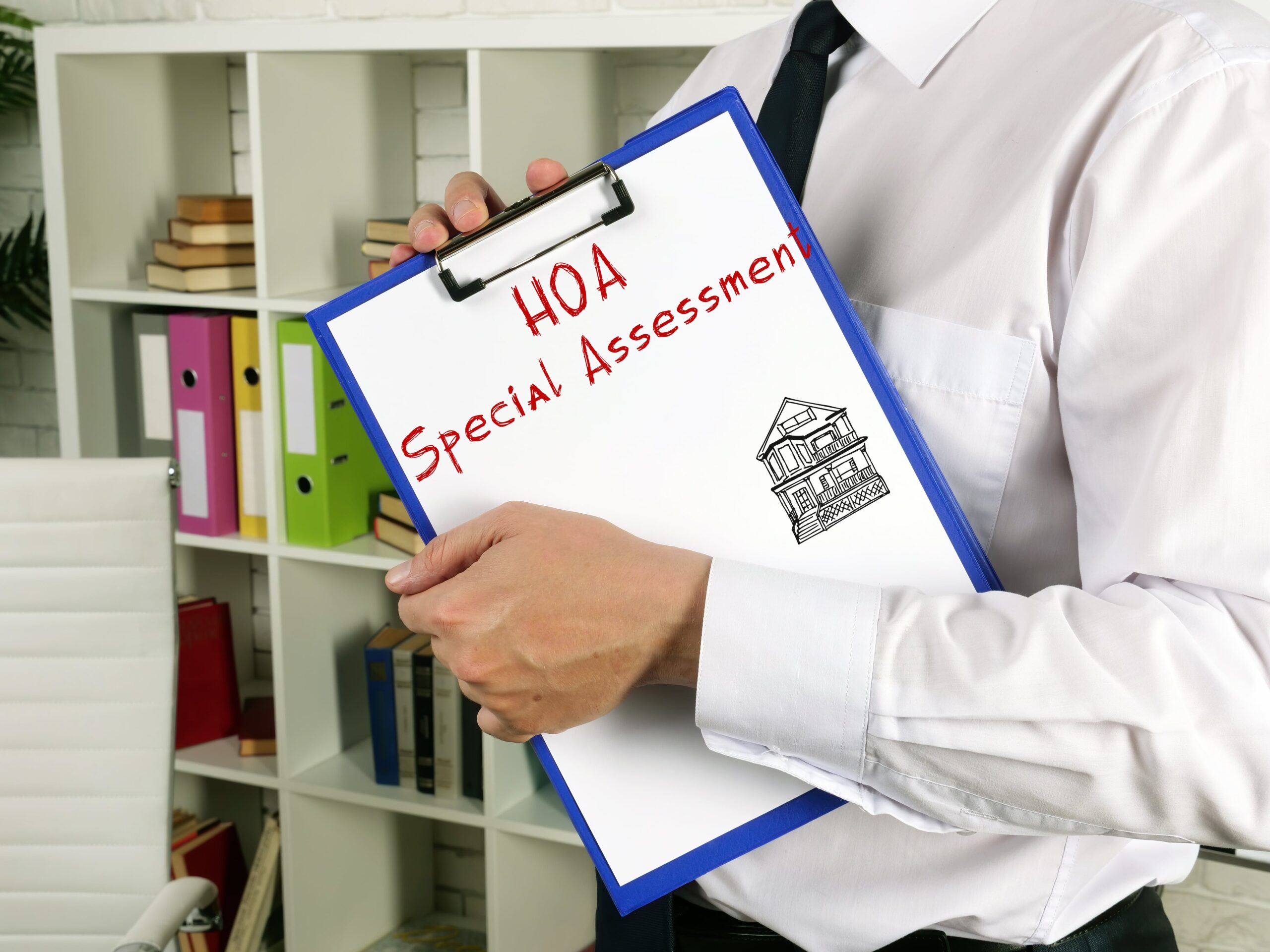Navigating the complexities of homeowner association (HOA) regulations is a daunting task, especially when it comes to assessment disputes. At Manning & Meyers, we understand the challenges homeowners associations face in the Dallas area and beyond. With our deep-rooted expertise in HOA law, we’re here to shed light on the statute of limitations concerning HOA assessments in Texas, empowering our HOA clients with the knowledge to protect their rights and make informed decisions.
Deciphering the Statute of Limitations
In Texas, the statute of limitations for breach of contract is four years, as stipulated by Chapter 16 of the Texas Civil Practice and Remedies Code. This means an HOA generally has four years from the date an assessment becomes due to initiate legal action to collect the outstanding amount. However, exceptions exist.
It’s crucial to note this timeframe can be influenced by various factors, however:
- Governing Documents: Your HOA’s governing documents, such as the Declaration of Covenants, Conditions, and Restrictions (CC&Rs), may include provisions that alter the four year timeframe. Always refer to these documents for specific guidelines.
- Payment Plans: If an owner enters a payment plan and makes partial payment on the assessment, this can operate to extend the statute of limitations in certain circumstances.
Potential Ramifications of Exceeding the Statute of Limitations
If the statute of limitations expires, the HOA’s ability to pursue legal action for the outstanding debt is significantly hampered. This means:
- Limited Legal Recourse: The HOA might be barred from collecting the overdue assessment as the statute of limitations operates as an affirmative defense that may be asserted by the owner.
- Reduced Debt Collection Options: Their options for pursuing the debt may be limited, potentially affecting their ability to place liens on your property or pursue foreclosure.
Exceptions and Important Considerations
While the statute of limitations provides a general framework, it’s essential to be aware of potential exceptions and crucial factors that could impact its application. These should be strategically used by an HOA to collect on debts that are greater than 4 years old:
- Acknowledgment of Debt: If a homeowner acknowledges the debt in writing or makes partial payments after the statute of limitations has expired, the clock may reset, allowing the HOA to pursue legal action.
- Bankruptcy: Filing for bankruptcy can impact the HOA’s ability to collect the debt, even if the statute of limitations has not expired.
- Priority of Payment: Chapter 209.0063 of the Texas Property Code, the priority of payment statute, can operate to force payment of a debt that is past the statute of limitations. This is a very nuanced argument that requires delinquent assessments to be paid first, and contains no express exceptions for those that are over 4 years due.
Navigating Assessment Disputes: Seeking Expert Counsel
Disputes over HOA assessments can be complex and emotionally charged. If you are an HOA and seeking assistance in collected debt that may be subject to protections under the statute of limitations, seeking legal counsel from experienced attorneys specializing in HOA law is crucial. At Manning & Meyers, we provide comprehensive guidance and representation, helping you:
- Understand your rights and obligations.
- Negotiate with the owner to reach a favorable resolution.
- Defend your interests in legal proceedings and ensuring you collect all that is legally due.
Manning & Meyers | Your HOA Assessment Experts
Understanding the statute of limitations on HOA assessments is vital for homeowners associations in Texas. By being aware of this timeframe and its potential implications, you can protect your rights and navigate assessment disputes effectively.
At Manning & Meyers, we’re committed to empowering homeowners associations with the knowledge and legal support they need to overcome challenges. Our dedicated team is here to guide you through the complexities of HOA law, ensuring your interests are protected every step of the way.
Don’t let HOA assessment disputes overwhelm you. Contact Manning & Meyers today for a consultation with our experienced attorneys. We’ll provide personalized guidance, helping you understand your rights and explore the best course of action for your situation.
FAQ
What is the statute of limitations on HOA assessments in Texas?
As a general rule, the statute of limitations on HOA assessments in Texas is currently four years from the date the assessment becomes due.
Can the statute of limitations be extended?
Yes, the statute of limitations can be extended under certain circumstances, such as when the assessment is documented in a written agreement or if the homeowner acknowledges the debt after the limitation period has expired.
What happens if the statute of limitations expires?
If the statute of limitations expires, the HOA’s ability to pursue legal action for the outstanding debt may be significantly limited. However, exceptions exist.
What should I do if I’m facing an owner with an assessment dispute?
If you’re an HOA and facing an owner in an assessment dispute, it’s crucial to seek legal counsel from experienced attorneys specializing in HOA law. Manning & Meyers can provide expert guidance and representation to protect your rights and help you reach a favorable resolution.


